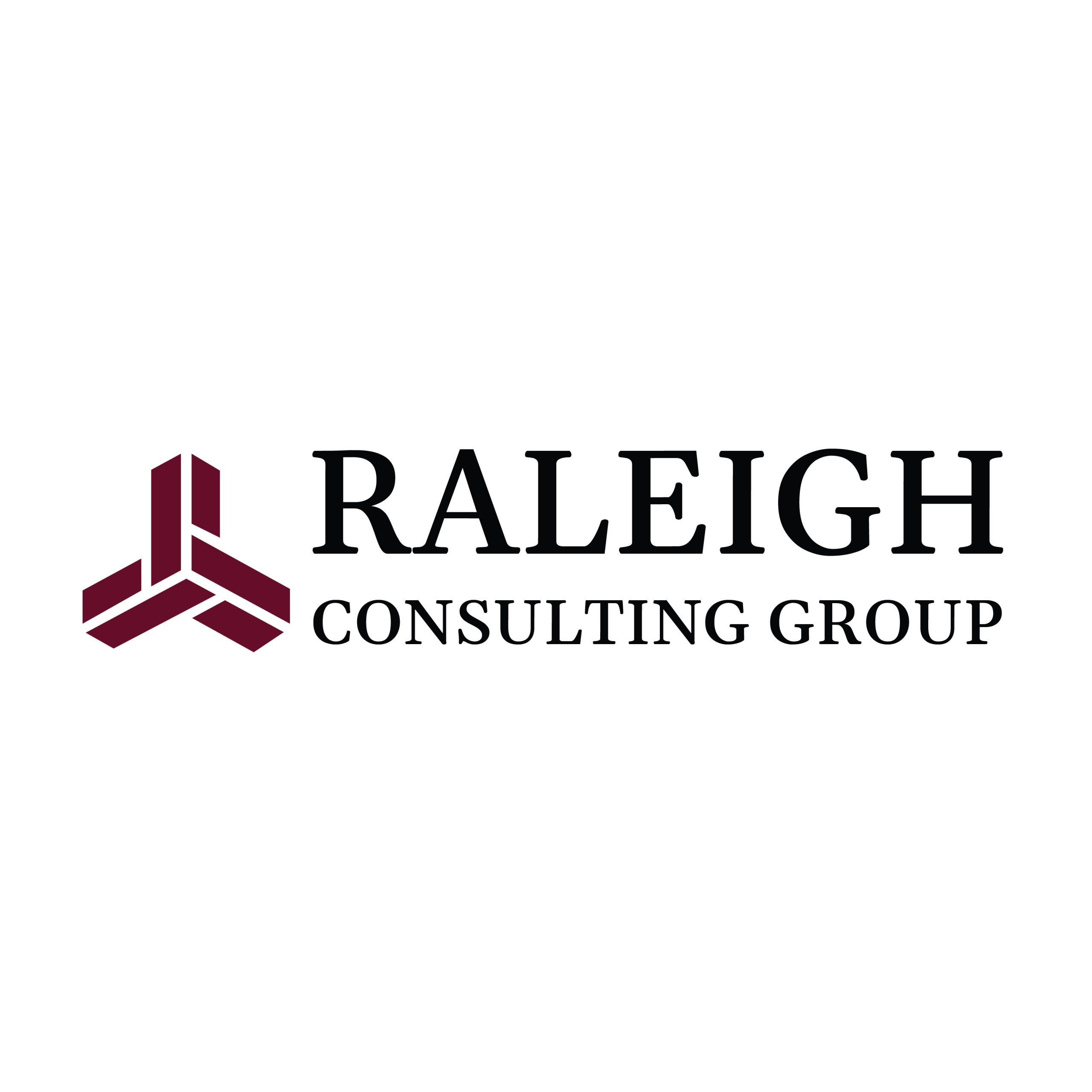“We’ve got these incredibly bright early-career hires—how do we keep them growing, and keep them here?”
That was the question a large international financial institution brought to us. They had created a global program to bring motivated college grads into their back offices, young professionals from around the world, full of energy, ambition, and curiosity about the financial industry.
Their hope? That these grads would become long-term leaders. Or, at the very least, leave the company as loyal alumni with a deep respect for the organization.
But hope alone doesn’t build loyalty—or leadership.
They Had the Talent. We Helped Them Build the Tools.
The company had already done the hard part: hiring intelligent, driven people with a hunger to learn. What they needed next was a development track that felt meaningful and practical.
So together, we built a High Potential Development Program from the inside out. With support from their internal team, we focused on foundational workplace skills:
- Effective communication
- Collaborative problem-solving
- Navigating conflict
- Emotional intelligence in action
We anchored the program with TTI’s DISC, Drivers, and Emotional Intelligence assessments, providing each participant with a mirror to better understand their own behavior and a window into others.
We met monthly as a group for interactive sessions. Every six months, each participant received one-on-one coaching tailored to their goals and challenges.
The feedback?
- “The group sessions were great—but those coaching sessions? That’s when I really figured myself out.”
- “It was the first time I felt like the company was investing in me—not just my output.”
- “I still carry the insights from my EQ debrief with me today.”
What They Took With Them
When two of the participants were placed on high-visibility teams, they wrote back to say they handled their first team conflict with tools we’d taught them. One used the phrase “respectful curiosity” to describe how he approached a disagreement with his manager—and turned it into a productive conversation instead of a shutdown.
Another participant, years later, told us:
“I’ve worked at three companies since then. That coaching? Still the best leadership training I ever got.”
Then the Merger Came
After four successful years, the program came to a quiet end when the company merged. But the impact stuck. Many of the high-potential participants stayed with the firm. Others moved on—but with good will and strong referrals in hand.
More than a retention tool, the program built real capability—and left a lasting impression of what it feels like to be truly supported.
The Takeaway
If you’ve got emerging talent in your organization, don’t assume raw potential is enough. It needs structure. Feedback. Coaching. A chance to reflect, try, and grow.
We’ve done this before. We can help you do it too.


